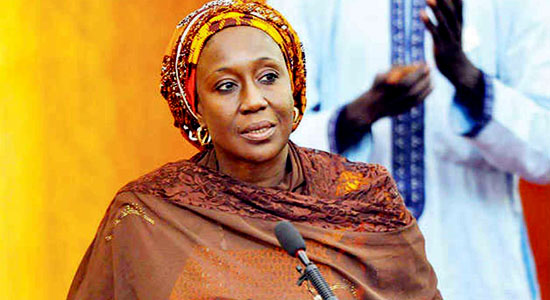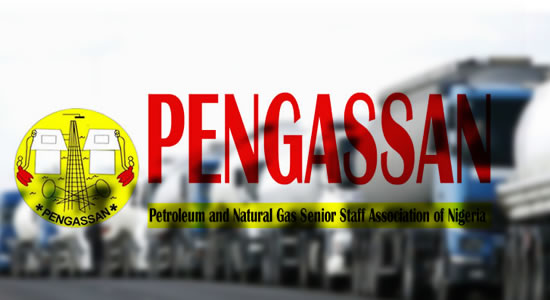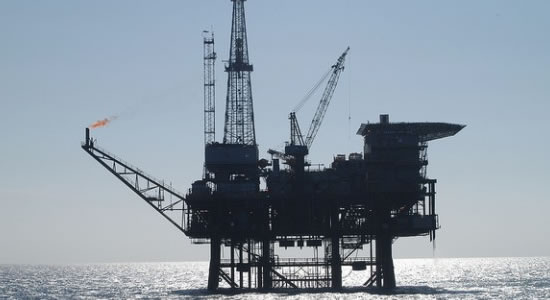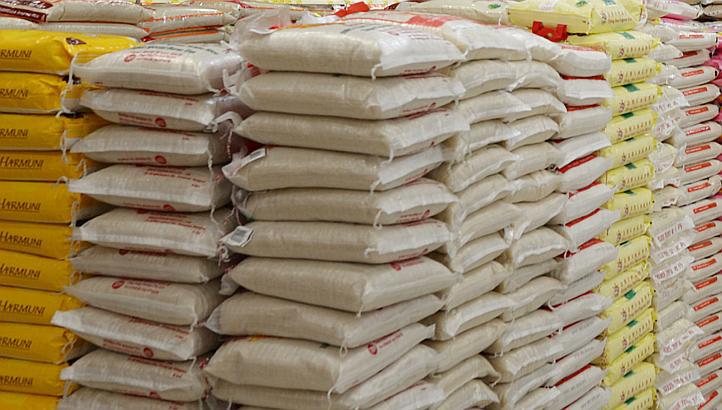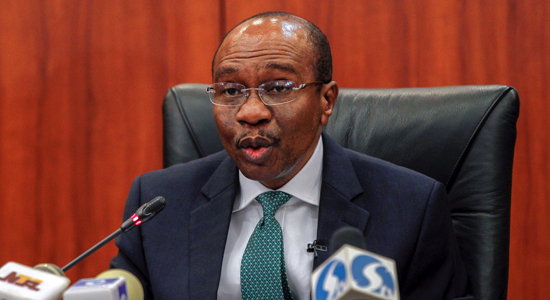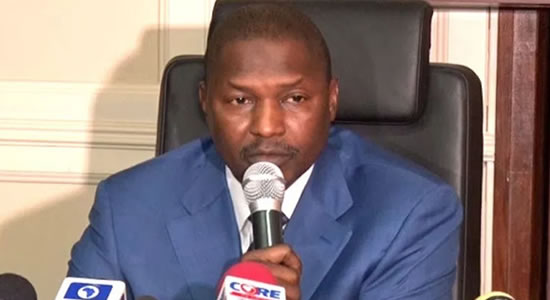Nigeria has moved up 24 places to 145th in the World Bank’s ‘Doing Business’ report published today, and for the first time the country is recognized as one of the top 10 most improved economies in the world.
The World Bank Doing Business project provides objective measures of business regulations and their enforcement across 190 economies.
Govt. To Convert Industrial Development Centres To Clusters
The Minister of State, Industry, Trade and Investment, Hajiya Aisha Abubakar has signed a Memorandum of Understanding (MoU) for the understudy of conversion of some Industrial Development Centres to industrial clusters.
Abubakar stated this in a statement issued by Mr Olujimi Oyetomi, the Deputy Director, Press in the ministry on Monday in Abuja.
PENGASSAN Calls For Passage Of PIB
Workers in the oil and gas sector on Friday alleged that the huge loss of revenue and investments in the country was due to delay in the passage of the Petroleum Industry Bill (PIB).
The workers under the aegis of the Petroleum and Natural Gas Senior Staff Association of Nigeria (PENGASSAN) stated this in a communique at the end of its National Executive Council meeting.
Global Oil Prices Hovers Above $60 On Expected Extension Of Output Cuts
Oil markets rose on Monday, with Brent remaining above $60 per barrel on expectations that an OPEC-led production cut due to expire next March would be extended, although rising exports from Iraq kept a lid on prices.
Brent crude futures LCOc1, the international benchmark for oil prices, were at $60.73 per barrel at 0802 GMT, 29 cents or 0.48 percent above their last settlement and near their highest level since July 2015. They have risen more than 36 percent since from 2017-lows marked in June.
Nigeria Saved $600m From Rice Import
Nigeria has saved over $600m dollars (N216bn) from the importation of rice alone from Thailand and other countries since the nation’s domestic mass production flooded the markets under the Anchor Borrowers’ Programme.
The figure represents a fraction of a staggering $22bn (N7.92tr) spent on importation of foods into the country annually prior to the advent of the President Muhammadu Buhari’s administration.
Expert Cautions FG On Seizure Of Bank Accounts Over BVN
Expert Cautions FG On Seizure Of Bank AcAn economic expert, Charles Nwekeaku, has advised the Federal Government to follow due process in getting the forfeiture of monies in accounts without Bank Verification Numbers(BVN) to the government.
Inflation Rate To Drop To Single Digit By Mid-2018 -Emefiele
Nigeria’s Central Bank Governor Godwin Emefiele said on Friday he expected inflation rate to fall at a faster pace and hit high single digit rates mid-next year.
Nigerian Army Trains 25 Women On Fish Farming
In a bid to enhance skills and various agro-allied businesses the Nigerian Army School of Military Engineering (NASME), revealed that it embarked on the training of 25 women in Makurdi, Benue State, on a three-month intensive course on modern fish farming.
Col. Sagir Musa, Deputy Director, Public Relations, 82 Division of the Nigerian Army, Enugu, made the revelation on Saturday that the trainees graduated on Oct. 27 and that the GOC, 82 Div. Maj.-Gen. Adamu Abubakar, had presented certificates to the 25 graduates of the course which was conducted by the NSAME for the remuneration of the selected interested women of the NASME Cantonment, Makurdi.
UK Returns $85m Malabu Fund To Nigeria
The Minister of Justice and Attorney General of the Federation, Abubakar Malami has said Government has recovered $85million Malabu fund from the United Kingdom. Speaking at the Agenda for Pre-Global Forum on Asset Recovery Consultative Meeting in Abuja Malami also revealed that Government is also negotiating with Switzerland on the return of $331 million recovered from the family of the late Head of State, General Sani Abacha.
Oil Price Heads To $60 As Global Market Peaks
Oil prices rose and Nasdaq Composite had its best day in nearly a year on Saturday , boosted by strong corporate earnings, while the euro posted its worst week of 2017 after the European Central Bank decided to prolong its bond buying to keep interest rates low.
Oil prices jumped on support among the world’s top producers for extending a deal to cut output and as the dollar retreated from three-month peaks.
Nigeria To Earns $25m From Steel Export In 2017
African Industries Group, Nigeria’s major private sector steel manufacturer, yesterday, said that it saves the country $650 million (about N236 billion) through import-substitution, by exporting finished steel from its plants to other African countries.
The group also lamented the high cost of sea freight of steel products to other countries within the continent, calling on the port authorities and other relevant agencies to ease the bottleneck associated with exporting cargoes through the ports and reduce the various charges to acceptable level to make Nigerian goods competitive in the global market.











